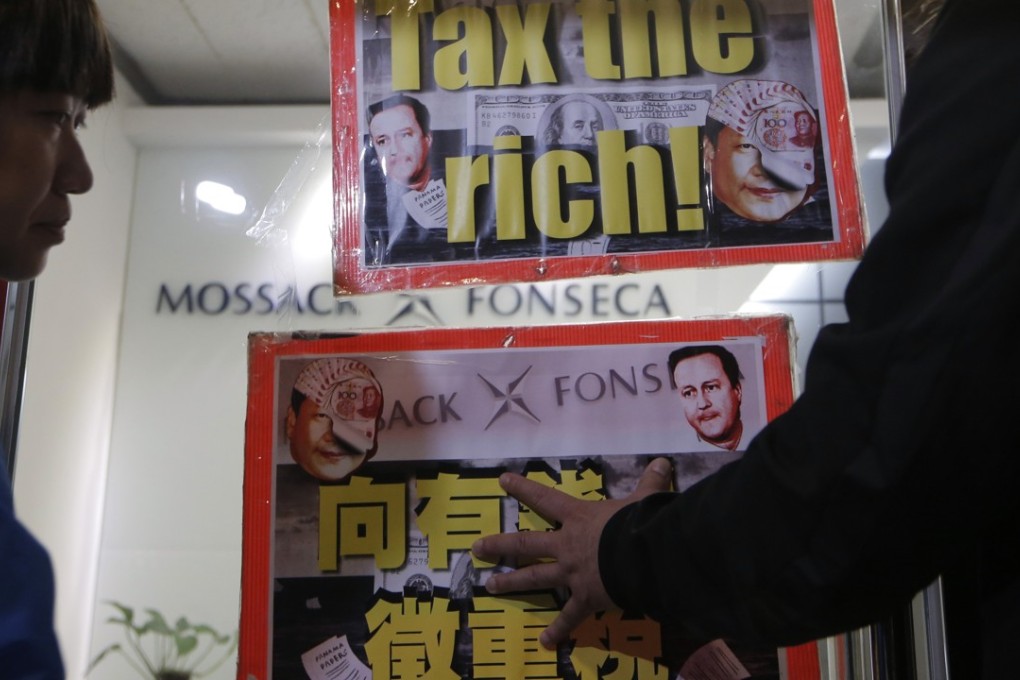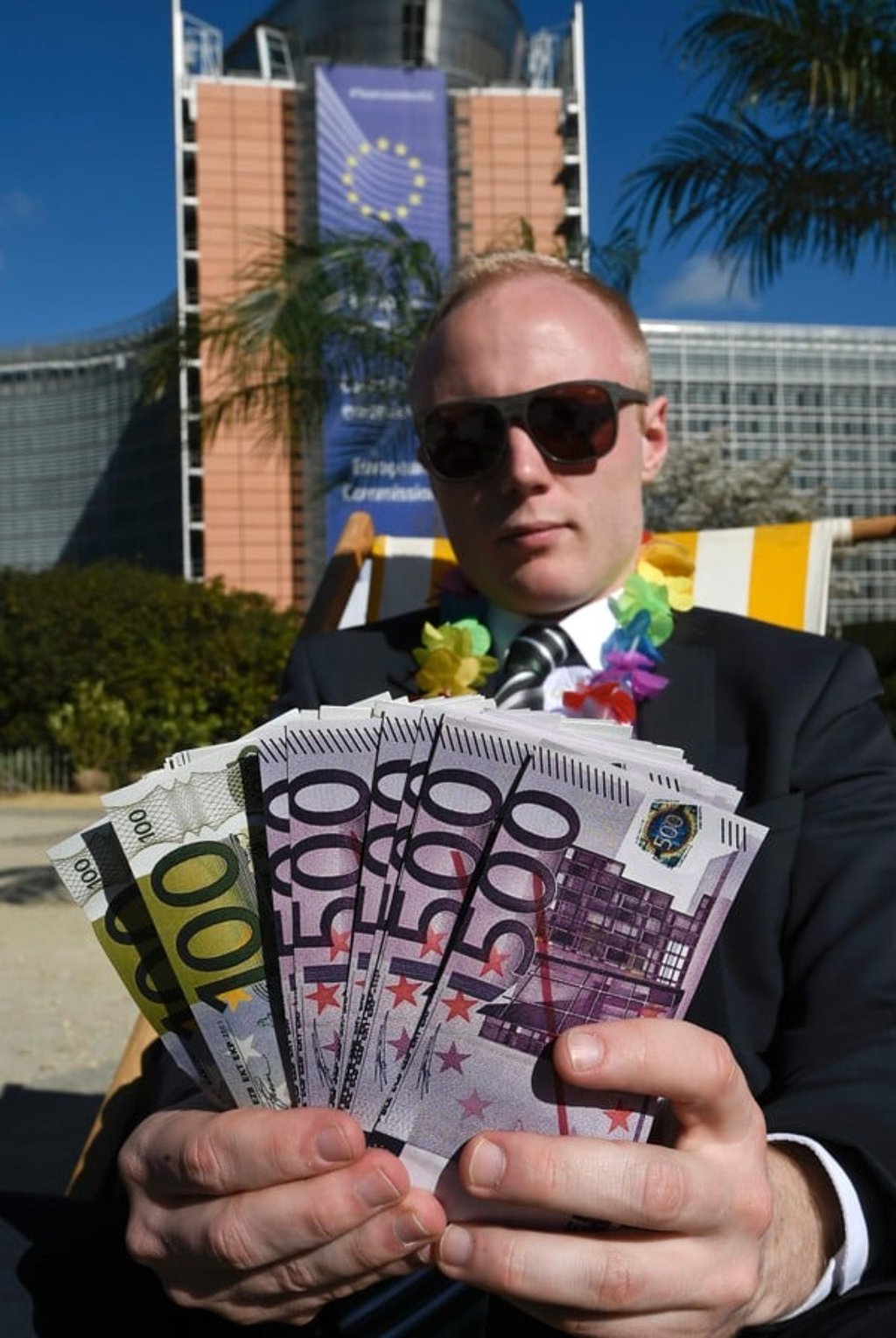Then & Now | How the ultra-rich get richer thanks to tax havens such as Hong Kong and Monaco
Be they mainland Chinese, French or British, many of Hong Kong’s ‘permanent’ residents use its status as a tax haven to hide their wealth or to avoid paying higher tax in their own countries

When the Panama Papers rocketed to international prominence in 2016, the documents released revealed just how well utilised international tax havens were by the world’s rich and shameless – including many prominent Hong Kong people. For the super-rich, discreetly maintaining an alternative tax domicile to the place where one actually lives has always been important. Monaco; the Isle of Man and the Channel Islands; Gibraltar; corners of the Caribbean, such as the British Virgin Islands; remote, otherwise impoverished Pacific island nations like Vanuatu – legal domicile in these quiet bolt-holes enables the affluent to park their assets far from the taxman’s prying eyes.
Hong Kong is another low-tax regime that offers financial advantage to many of its “residents”. Most foreign nationals – United States citizens are the principal exception – legally avoid higher tax rates in their country of citizenship by, at least on paper, living permanently here. To cite one example, numerous French citizens have moved to Hong Kong in recent years (and to London, Belgium and other more geographically accessible locations). Punitive tax hikes in France, rather than Hong Kong’s particular charms, provided the impetus for many.

British citizens ordinarily resident in Hong Kong for at least four decades can contrive for their children to pay no inheritance tax on British property – one more favourable financial arrangement for the already affluent. But this is in accordance with the Hong Kong ethos; to demand the rights and protections of foreign citizenship, but remain deeply reluctant to assume the responsibilities – such as a reasonable tax burden – that this may entail. These are the same people who often bemoan the fact that their children are subject to overseas student fees in their countries of citizenship, despite their never having lived in the place. But as their parents pay little or no local tax, and state-subsidised education is, ultimately, an investment in society’s future by its principal stakeholders, outsiders (of whatever nationality) are simply there to help pay for the locals.
The factual contortions performed to retain a Hong Kong tax domicile can be quite extraordinary. Though just how someone can claim – as many do – that their “permanent” home is in Hong Kong, when large tracts of the year are quite transparently spent in Cornwall or Sussex, remains anyone’s guess. Birth, partial upbringing, or a parent’s former employment with some branch of the Hong Kong government are all carefully marshalled as compelling evidence that their permanent home remains Hong Kong.
